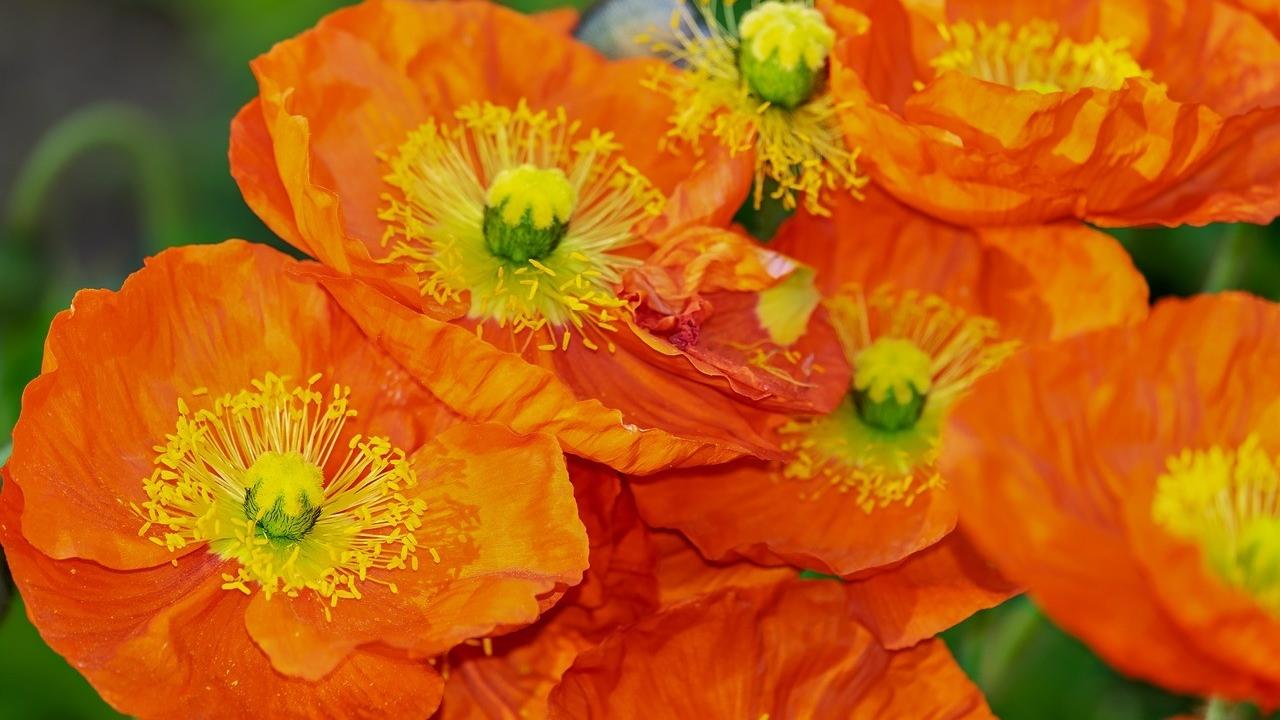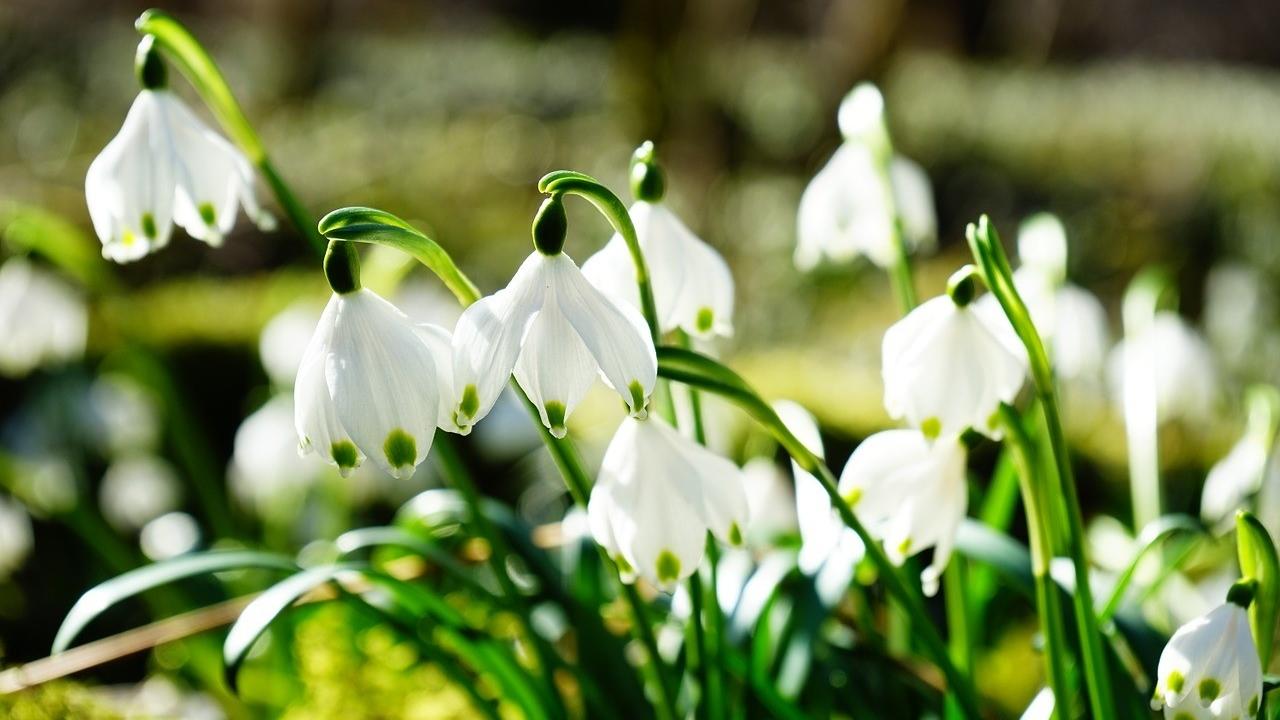Blog
A biological necessity (DW#692)

Did you know that every single creature that we know of on this planet, sleeps? Even worms?
Matthew Walker, whom we mentioned yesterday, says: "Without exception, every animal species studied to date sleeps, or engages in something remarkably like it. This includes insects, such as flies, bees, cockroaches, and scorpions; fish, from small perch to the larger sharks; amphibians, such as frogs; and reptiles, such as turtles, Komodo dragons, and chameleons. All have a bona fide sleep. Ascend the evolutionary ladder further and we find all types of birds and mammals sleep: from shrews to parrots, kangaroos, polar bears, bats, and, of course, we humans. Sleep is universal."
In other words, living beings are not meant to go on 24/7. We are designed to work best when we get (enough) rest.
The second pillar of self-care (DW#691)

As we continue our series on self-care, let us remind ourselves that we are keeping it super simple for now.
Instead of making self-care an elaborate and unattainable practice that takes up three hours of our time, we are starting with our most basic needs.
What is the second most basic self-care routine that can have a major impact on our wellbeing?
Sleeping.
To start with, let us reflect on this passage from Matthew Walker’s fantastic book Why We Sleep:
"I was once fond of saying, ‘Sleep is the third pillar of good health, alongside diet and exercise.’ I have changed my tune. Sleep is more than a pillar; it is the foundation on which the other two health bastions sit. Take away the bedrock of sleep, or weaken it just a little, and careful eating or physical exercise become less than effective, as we shall see."
Given that the vast majority of us are sleep deprived these days, doesn’t it make sense to prioritize this as a fundamental of self-care?
The breathing cheat sheet (DW#690)

[Daily Wisdom #670] The breathing cheat sheet
As we wrap up our first self-care practice of breathing, let us remind ourselves of what we discussed:
[DW #675] Attend to the basics of self-care
[DW #676] Remember the three golden rules of breathing
[DW #677] Breathe Through Your Nose (all the time!)
[DW #678] Breathe deeply
[DW #679]Exhale for longer
[DW #680] Flip the switch on stress
[DW #681] Slow down
[DW #682] Breathe into your belly
[DW #683] Notice the impatience
[DW #684] Take breathing breaks
[DW #685] Balance your mind
[DW #686] Establish your baseline
[DW #687] Breathe vertically rather than horizontally
[DW #688] Distinguish breath awareness and intentional breathing
[DW #689] Boost your willpower using your breath
As always, I would love to hear from you. How has using these practices impacted your life? Which of these practices do you find the most useful? The most challenging?
A quick way to boost willpower (DW#689)

Did you know that one of the quickest ways to boost your willpower is to slow down your breathing rate?
Kelly McGonigal is a leading expert on the science of willpower. Here is how she talks about breathing in her seminal work, The Willpower Instinct:"You won’t find many quick fixes in this book, but there is one way to immediately boost willpower: Slow your breathing down to four to six breaths per minute. That’s ten to fifteen seconds per breath—slower than you normally breathe, but not difficult with a little bit of practice and patience. Slowing the breath down activates the prefrontal cortex and increases heart rate variability, which helps shift the brain and body from a state of stress to self-control mode. A few minutes of this technique will make you feel calm, in control, and capable of handling cravings or challenges."
Pretty cool right? So, the next time you need a boost of willpower, to resist that cookie perhaps, try slowing down your breathing before you reach for it!
...Breath awareness versus intentional breathing (DW#688)

While we have been talking about breathing for a few days now, I realised that I neglected to differentiate between two very important terms. Ooops!
Whenever we are talking about breath work of any kind, it usually refers to either one of the following: Breath awareness or conscious breathing. I will attempt to differentiate the two in the most simple terms.
Breath awareness means exactly what it says—being aware of, or observing the qualities of your breath, whether it is shallow or deep, long or short, easy or laboured, smooth or uneven. Noticing and becoming aware of our breath and following it is one of the first practices of mindfulness meditation. This involves simply noticing how you are breathing and focusing your attention on your breath. Not trying to breathe in a particular way. Simply becoming aware of the breath and training your attention to remain on the breath. This practice has numerous benefits which we will talk about another time inshallah.
What we have been disc...
Vertical versus horizontal breathing (DW#687)

Are you a vertical breather or a horizontal breather?
Vranich Belisa, whom we discussed yesterday, separates "Vertical Breathers" (whose shoulders rise and fall when they breathe) and "Horizontal Breathers" (whose shoulders stay stable while their belly and lower ribs go in and out when breathing).
If our shoulders rise and fall when we breathe, we are vertical breathers and this means that we breathe high up in our bodies. This is not optimal.
When we breathe horizontally, we will notice that it is our rib cage that expands when we use our diaphragms to breathe properly. This is what we need to aim for.
So go ahead and watch yourself breathe in front of the mirror. Are your shoulders moving when you breathe? If so, gently put your hands on your rib cage and breathe so that your ribcage expands with each in breath and goes in with each outbreath.
Remember to exhale fully —squeezing every last little bit of stale air out of your body.
Establish your baseline (DW#686)

If you are still sceptical about how something as simple as breathing properly can impact your overall wellbeing, there is a simple way to measure and monitor your wellbeing before starting a breathing regimen and then again, a couple of weeks after.
Vranich Belisain Breathe: 14 Days to Oxygenating, Recharging and Fuelling Your Body and Brain suggests scaling the following on a scale from one to ten.
1. Stress level. On a scale of 1 to 10, where is your stress level right now? Note if it is normally this high or is it higher at present for some reason? The stressors do not really matter that much – just note a number on your subjective stress scale
2. Pain. If you are experiencing pain of any type, put a number to it. 1 being no pain, 5 being tolerable and 10 being intense or acute.
3. Energy level. Although your energy level obviously fluctuates throughout the day, put a number to the average energy level these days. 1 being no energy and 10 being bouncing off the walls energy
4....
Balance your mind (DW#685)

Have you ever heard of, or tried, alternate nostril breathing?It’s an ancient yogic technique that’s been shown to effect brain waves and reduce anxiety and stress while inducing a calm, balanced mind.
Research from UCSD indicates that the nasal breathing cycle corresponds to the dominance of the left or the right hemisphere of the brain. The study suggested that the "cycle of hemispheric dominance" could be manipulated by using breathing techniques: "Closing the right nostril and forcibly breathing through the left nostril produces greater EEG activity in the right brain and vice versa. These changes in the pattern of EEG dominance occur almost instantaneously; at most, they require periods of about five minutes."
Here’s how alternate nostril breathing works. Please note that it sounds much more complicated than it is in practice.
Place your right thumb over your right nostril and rest your pointer finger on your forehead. Inhale through your left nostril. I like to do so to a coun...
Breathing breaks (DW#684)

Yesterday we talked about how shifting our breathing pattern can help us manage our impatience.
Of course, we do not need to wait until we are feeling impatient in order to breathe intentionally.
In fact, a great way to instill calm and emotional regulation in ourselves is to practice taking micro-breathing breaks all day.
A breathing break is simply a reminder to become aware of your breath and to breathe intentionally for a few moments at a time.
You may notice that pausing for a couple of minutes every hour for a breathing break relaxes and energizes you and it clears your mind. The rest of the hour that follows the breathing break will be more focused, productive and pleasant.
So go ahead and set an alarm for a breathing break every hour and notice the amazing impact that it has on your day in terms of calming and focusing your energy.
Notice the impatience (DW#683)

When you are stuck in traffic (or in the s.l.o.w.e.s.t line at the grocery store), how do you react? If all you can think of is how much of your time is being wasted and why cannot everyone just hurry up and get out of your way, then you need to know something.
Impatience like this speeds up your pulse, your blood pressure rises and your breath becomes shallow. Short, shallow jerky breaths in turn compound your frustration because your body is not getting enough oxygen.
And because it takes time to calm down from such impatience, the quality of your life during this time is greatly impacted. Impatience has caused you to lose a great deal in terms of health, wellbeing and lifespan. In other words, by being frustrated about the loss of your time you have ended up losing more time in a way.
Yikes.
Learning to breathe intentionally in situations like this can provide a valuable alternate to the biological alarm and fight/flight response.
As soon as you notice your impatience, take it ...
